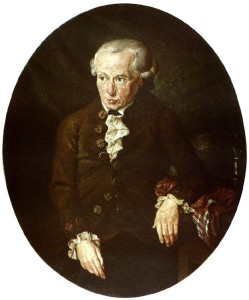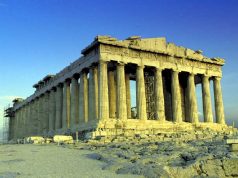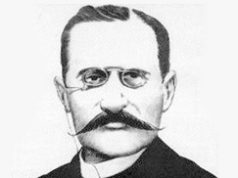Specific Objectives
Kant’s philosophy (criticism) reconsiders the claims of traditional metaphysics to the truth, preserving the chances of rational learning and scientific knowledge. It postulates the absolute value of the moral law and presents a duty moral based on the autonomy of the human will and respect to the universal law (Kantian moral thinking will be developed in Module VER-SPIRITIST VISION OF RELIGION.)
Resume Cartesian doubt as a fundamental element of the foundation of the knowledge, the way to Kantian criticism: both shape the spiritist model of knowledge sustained in the criticism based on the knowledge, the only one which can bring legitimacy to their concepts. (STS)
Spiritist Theory of Knowledge
Our need for methodical study of Kardec’s work is urgent and evident, not only to penetrate the essence of redemption, but also for the greatness that will reach out into new facets of thought (…). It has been said that two wings will lead the human spirit to God. Through love, the creature shines and gets beautiful inside. Through wisdom, which begins in the acquisition of knowledge, preserves the influence of the pioneers of the progress, which communicates the reflections of its own greatness, impelling the creature to the High. (Emmanuel / Francisco Candido Xavier).
Philosopher
Immanuel Kant (1724 – 1804)







